Key Takeaways: Natural Pet Wellness Made Simple
- Holistic pet medicine addresses the entire animal—body, mind, and spirit—rather than just treating isolated symptoms, leading to more comprehensive healing.
- Natural supplements like glucosamine, omega fatty acids, and probiotics can significantly improve pet health without the side effects of many conventional medications.
- Integrative therapies such as acupuncture and laser therapy provide drug-free options for managing chronic conditions like arthritis and anxiety in pets.
- JP’s Natural Pet Supplements' holistic approach combines traditional veterinary knowledge with natural remedies to create personalised pet wellness plans that support long-term health.
- Combining conventional and holistic veterinary care offers the most balanced approach for severe conditions, providing immediate relief while addressing underlying causes.
Your pet deserves more than just symptom management. While conventional veterinary medicine excels at addressing acute conditions, holistic approaches offer complementary paths to wellness that can transform your pet's quality of life.
In recent years, more pet parents have turned to holistic medicine to address chronic conditions, support ageing pets, and enhance overall well-being. This comprehensive approach considers your companion's physical health alongside their emotional state and environmental factors—creating a complete picture of what true wellness means for your dog or cat.
Why Your Pet Needs Holistic Care Now
Today's pets face unprecedented health challenges. Processed diets, environmental toxins, and sedentary lifestyles contribute to rising rates of chronic conditions. Allergies, joint pain, digestive issues, and anxiety affect millions of companion animals. Conventional medicine often manages symptoms effectively but may miss underlying imbalances. Holistic approaches fill this gap by investigating root causes while supporting the body's natural healing abilities.
The Complete Guide to Holistic Pet Medicine
Holistic pet medicine isn't just a collection of alternative therapies—it's a comprehensive philosophy that views your pet as an integrated being. This approach recognises that physical symptoms often have deeper causes related to diet, environment, emotional state, or genetic factors. By examining these connections, holistic practitioners can develop more effective and sustainable treatment plans that address not just what's happening, but why it's happening in the first place.
The Whole-Pet Approach: Beyond Traditional Veterinary Care
Traditional veterinary medicine excels at diagnosing and treating specific conditions through pharmaceuticals and surgery. These interventions save lives and remain essential components of pet healthcare. However, the holistic approach expands treatment options by considering how all body systems interact. A skin condition, for example, might stem from digestive imbalances or environmental stressors rather than simply being a surface issue. This comprehensive perspective allows practitioners to develop multi-faceted treatment plans that support healing throughout the entire body.
How Holistic Medicine Addresses Root Causes Not Just Symptoms
Conventional medicine often focuses on eliminating symptoms, which provides necessary relief but sometimes misses the underlying problem. Consider the dog with recurring ear infections—traditional treatment typically involves antibiotics and anti-inflammatory medications. While effective temporarily, this approach may not address why infections keep returning. A holistic Vet might investigate food sensitivities, immune system weaknesses, or anatomical issues contributing to the recurring problem. By addressing these root causes, holistic medicine can help break the cycle of chronic conditions rather than simply managing flare-ups.
When to Consider Holistic Options for Your Pet
Holistic medicine shines brightest in several specific scenarios. For pets with chronic conditions that haven't responded well to conventional treatments alone, integrative approaches can offer new paths to improvement. Animals experiencing side effects from long-term medication regimens may benefit from natural alternatives that accomplish similar goals with fewer complications. Senior pets often respond particularly well to gentle holistic therapies that support ageing bodies without taxing already stressed systems. And for wellness-focused pet parents, preventative holistic care can help maintain optimal health before problems develop.
The integration of conventional and holistic medicine provides the most comprehensive care for most animals. Acute conditions may require immediate conventional intervention, while chronic issues benefit from the added layer of holistic support. This balanced approach gives your pet the best of both worlds—immediate relief coupled with long-term healing strategies.
Holistic Therapies That May Help Transform Pet Health
Natural healing modalities offer powerful alternatives to conventional treatments for many common pet conditions. These approaches stimulate the body's innate healing capabilities while minimising side effects common with pharmaceutical interventions. When properly administered by qualified practitioners, these therapies can address both acute issues and chronic conditions that may have resisted conventional treatment.
1. Homeopathy
Homeopathic remedies function on the principle that "like cures like," using highly diluted substances that would produce symptoms similar to those being treated. For pets with chronic conditions like allergies or arthritis, homeopathic treatments can provide gentle relief without pharmaceutical side effects. These remedies come in various forms, including pellets, liquids, and tablets that can be easily administered at home. Many pet parents report significant improvements in conditions that previously seemed untreatable through conventional means alone.
2. Laser Therapy
Cold laser therapy uses specific light wavelengths to stimulate cellular regeneration and reduce inflammation. This non-invasive treatment has shown remarkable results for pets with joint pain, wound healing challenges, and neurological conditions. Sessions are typically short, painless, and relaxing for most animals. The therapy works by increasing circulation, reducing swelling, and accelerating tissue repair at the cellular level. Many veterinary clinics now offer laser therapy as part of their integrative treatment options.

3. Rehabilitation and Sports Medicine, including Osteopathy and Chiropractic Therapy
Physical medicine approaches address musculoskeletal issues through hands-on techniques that restore proper alignment and function. Certified animal chiropractors adjust misaligned vertebrae to relieve pressure on nerves and restore mobility. Osteopathic treatments focus on the relationship between structure and function, using gentle manipulations to improve overall body mechanics. These therapies can dramatically improve the quality of life for pets with back problems, hip dysplasia, and recovery from injuries or surgeries. Regular maintenance sessions often help athletic dogs maintain peak performance and prevent future injuries.
4. Acupuncture
This ancient Chinese practice involves the insertion of thin needles at specific points along the body's energy meridians. For pets with chronic pain, digestive disorders, or neurological conditions, acupuncture can provide significant relief where other treatments have failed. Sessions typically last 20-30 minutes, with most animals relaxing deeply during treatment. Acupuncture works by stimulating nerve-rich areas to influence various physiological systems, including pain perception, circulation, and hormone regulation. Many holistic Vets consider acupuncture a cornerstone therapy for conditions resistant to conventional treatment.

5. Bioresonance Therapy
This innovative approach uses electromagnetic frequencies to identify and address imbalances in the body's energy systems. For pets with mysterious symptoms or multiple chronic conditions, bioresonance can sometimes uncover underlying causes that conventional diagnostics miss. The therapy works by measuring the body's electromagnetic frequencies and then delivering corrective frequencies to restore balance. While still considered alternative by many traditional practitioners, numerous pet owners report improvements in conditions ranging from allergies to behavioural issues after bioresonance treatments.

Natural Supplements That Transform Pet Health
Targeted supplementation forms a crucial component of holistic pet care, addressing nutritional gaps and supporting specific body systems. Unlike many pharmaceuticals, natural supplements typically work with the body's existing processes rather than overriding them. This gentle approach often results in fewer side effects while still providing significant therapeutic benefits. Quality matters tremendously—look for supplements with third-party testing, clear sourcing information, and appropriate bioavailability for pets.
1. Joint Health Heroes: Glucosamine, Green-lipped Mussel & Boswellia
Joint supplements form the foundation of mobility support for ageing pets and those with structural issues. Glucosamine and chondroitin provide building blocks for cartilage repair and maintenance, while green-lipped mussel delivers a powerful combination of anti-inflammatory compounds and joint-supporting nutrients. Boswellia extract, derived from frankincense, contains Boswellic acids that specifically target the inflammatory pathways involved in arthritis and joint pain. For optimal results, start these supplements before mobility issues become severe. Prevention is far easier than the restoration of damaged joints.
These supplements work synergistically when combined, with many Vets recommending comprehensive joint formulas rather than single ingredients. Results typically appear gradually over 4-6 weeks as the body incorporates these nutrients into its repair processes. For severe cases, higher initial "loading doses" may accelerate improvement before transitioning to maintenance levels.
2. Digestive Wellness: Probiotics, Fibre, Enzymes & A Raw Food Diet
Digestive health forms the cornerstone of overall wellness, with emerging research confirming the gut as a "second brain" influencing everything from immunity to behaviour. High-quality probiotics restore beneficial bacteria after antibiotic treatment or digestive upsets, while prebiotic fibres provide nourishment for these beneficial microbes. Digestive enzymes support proper food breakdown, especially important for senior pets or those with pancreatic insufficiency. The specific strains matter tremendously—look for supplements containing multiple Lactobacillus and Bifidobacterium species explicitly formulated for pets.
Raw food diets represent perhaps the most comprehensive digestive support, providing naturally occurring enzymes, beneficial bacteria, and unprocessed nutrients that closely match pets' evolutionary needs. These diets typically consist of raw muscle meat, organ meat, bones, and small amounts of vegetables designed to mimic natural prey. When properly balanced, raw diets can dramatically improve digestive health, reduce inflammation, and enhance nutrient absorption. However, proper handling and pathogen precautions remain essential for safety.
3. Immune System Boosters: Antioxidants & Medicinal Mushrooms
A robust immune system protects your pet from both external pathogens and internal cellular damage. Antioxidants like vitamins C and E, astaxanthin, and coenzyme Q10 neutralise harmful free radicals that accelerate ageing and disease processes. These potent compounds help maintain cellular integrity while reducing inflammation throughout the body. Particularly beneficial for senior pets and those with chronic inflammatory conditions, antioxidant supplementation can improve energy levels, cognitive function, and overall resilience.
Medicinal mushrooms represent one of the most potent immune modulators available in natural medicine. Species like reishi, turkey tail, and lion's mane contain complex polysaccharides that balance immune function—stimulating activity against pathogens while calming overactive responses that lead to allergies and autoimmune issues. For pets undergoing cancer treatment, these mushrooms can complement conventional therapies by supporting normal cell division and enhancing the body's natural defence mechanisms.
4. Skin & Coat Enhancers: Omega Fatty Acids & Natural Shampoos
Skin problems rank among the most common reasons for veterinary visits, yet many can be improved through proper nutrition and topical care. Omega-3 fatty acids from fish oil and krill sources provide essential building blocks for healthy skin cells and anti-inflammatory compounds that calm irritation. For optimal results, these should be balanced with appropriate levels of omega-6 fatty acids, typically in a ratio favouring omega-3s for most pets with inflammatory skin conditions.

External care matters just as much as internal support. Natural shampoos containing ingredients like colloidal oatmeal, aloe vera, and tea tree oil (in appropriate dilutions) clean effectively without stripping natural oils or irritating sensitive skin. For persistent problems, medicated rinses with herbs like calendula, chamomile, and Oregon grape root can target specific issues like bacterial overgrowth or excessive scaling. Regular brushing complements these treatments by distributing natural oils and removing dead hair that can trap allergens against the skin.
5. Calming Solutions: Natural Anxiety Relief including CBD Oil
Anxiety affects countless pets, manifesting as destructive behaviour, excessive vocalisation, or physical symptoms like digestive upset. Herbal calming agents such as chamomile, valerian, and passionflower provide gentle sedative effects without the cognitive impairment of many prescription anxiolytics. These can be particularly helpful for predictable stressors like thunderstorms or veterinary visits. L-theanine, an amino acid found in green tea, promotes relaxation by increasing alpha brain waves associated with a calm but alert state—ideal for anxious pets who become hypervigilant.
CBD oil has revolutionised natural anxiety management for many pets. This non-psychoactive cannabinoid works with the body's endocannabinoid system to modulate stress responses, pain perception, and inflammatory processes. For pets with noise phobias, separation anxiety, or stress-related behaviour problems, CBD often provides noticeable relief without sedation or personality changes. Quality and proper dosing remain crucial—look for products specifically formulated for pets with clear potency information and third-party testing for purity. In the UK, only a Vet can prescribe CBD oil for animals.
Age-Specific Holistic Care for Pets
Your pet's needs evolve dramatically throughout their life cycle, requiring thoughtful adjustments to their wellness regimen. A holistic approach acknowledges these changing requirements and adapts accordingly, providing targeted support during each life stage. This proactive strategy prevents many common age-related issues while addressing emerging concerns before they become serious problems.
Puppy & Kitten Foundations: Building Strong Bodies
Early development sets the stage for lifelong health. During this critical growth period, focus on species-appropriate nutrition with adequate protein, calcium balanced properly with phosphorus, and essential fatty acids for neural development. Gentle exposure to diverse environments builds immune resilience while minimising overwhelming challenges. Appropriate exercise supports proper muscular and skeletal development without stressing growing joints.
Vaccination protocols deserve careful consideration during this period. While core vaccines provide crucial protection, a holistic approach might space these immunisations slightly differently from conventional schedules to reduce the risk of adverse reactions. Parasite prevention should emphasise fewer toxic options, when possible, especially for young animals with developing detoxification systems.
Adult Pet Maintenance: Preventing Future Problems
For adult pets, holistic care shifts toward maintaining optimal function while preventing common middle-aged issues. Regular dental care becomes increasingly important, with options ranging from enzymatic toothpastes for dogs and cats to mechanical cleaning routines. Weight management through appropriate diet and exercise prevents the cascade of problems associated with excess pounds. Preventative supplements targeting breed-specific vulnerabilities can head off genetic tendencies—glucosamine for breeds prone to joint issues, for example, or taurine for cardiac support in predisposed cats.
Mental and emotional wellness deserves equal attention during adulthood. Environmental enrichment, appropriate socialisation, and regular positive training sessions keep minds sharp and behaviour balanced. For working breeds especially, providing proper outlets for natural instincts prevents frustration that often manifests as problematic behaviours.
Senior Pet Support: Easing the Ageing Process
As pets enter their golden years, holistic care focuses on maintaining quality of life while addressing the inevitable changes of ageing. Antioxidant support becomes crucial for combating increased oxidative stress and cellular damage. Pain management often takes centre stage, with natural anti-inflammatories, physical medicine techniques, and appropriate exercise modifications providing relief without the side effects of long-term pharmaceutical use.
Cognitive support through medium-chain triglycerides, phosphatidylserine, and antioxidants like bilberry can slow mental decline and maintain neurological function. Digestive enzyme supplementation compensates for decreased natural production, improving nutrient absorption from each meal. Kidney and liver support becomes increasingly important as these filtration organs face the cumulative effects of a lifetime of processing environmental toxins and metabolic waste products. For more insights on how holistic medicine can enhance the life of your pet, consider exploring further resources.
Condition-Specific Holistic Approaches
While every pet deserves individualised care, certain conditions respond particularly well to specific holistic protocols. These multi-faceted approaches address both symptoms and underlying causes, often providing relief where conventional treatments alone have fallen short. The key lies in selecting appropriate therapies based on your pet's specific diagnosis, overall health status, and individual response patterns.
Arthritis & Mobility Issues
Joint problems respond remarkably well to integrative approaches combining physical support with anti-inflammatory nutrition. Acupuncture and laser therapy reduce pain and inflammation while improving circulation to damaged tissues. Weight management removes excess stress from compromised joints, often providing dramatic improvement without any additional interventions. Environmental modifications like ramps, orthopaedic bedding, and non-slip flooring prevent further injury while improving comfort.
Nutritionally, an anti-inflammatory diet low in processed ingredients and high in natural anti-inflammatory compounds provides the foundation for joint health. Supplements like green-lipped mussel, turmeric with black pepper (for improved bioavailability), and undenatured type II collagen target different aspects of joint inflammation and repair. For acute flares, natural anti-inflammatories like Boswellia and CBD oil can provide relief without the gastrointestinal and kidney stress associated with conventional NSAIDs.
Digestive Disorders & Sensitivities
Gastrointestinal issues often respond dramatically to dietary modification and targeted supplementation. An elimination diet using novel or hydrolysed proteins helps identify food sensitivities that may be triggering chronic inflammation. Digestive enzymes support proper nutrient breakdown, particularly helpful for pets with pancreatic insufficiency or age-related enzyme decline. Herbal bitters stimulate natural digestive secretions, improving appetite and nutrient assimilation in cases of sluggish digestion. For more insights, explore how holistic medicine can enhance the life of your pet.
For inflammatory bowel conditions, mucosal support through supplements like L-glutamine, slippery elm, and marshmallow root helps repair damaged intestinal lining. Specific probiotic strains can reduce inflammation while restoring microbial balance—Saccharomyces bouvardia, for instance, has shown particular efficacy for diarrhoea. In cases of bacterial overgrowth, antimicrobial herbs like oregano oil and berberine can restore balance without the broad-spectrum disruption caused by conventional antibiotics.
Skin Allergies & Irritations
Dermatological issues often signal deeper imbalances that can be addressed through holistic protocols. Identifying and eliminating environmental allergens forms the first step, with air purifiers, frequent washing of bedding, and limited exposure to known triggers providing immediate relief. Topical treatments with colloidal oatmeal, aloe vera, and diluted apple cider vinegar soothe irritation while supporting the skin's natural barrier function.
Internally, immune modulation through quercetin (a natural antihistamine), nettle leaf, and medicinal mushrooms helps calm overactive responses to environmental triggers. Omega-3 fatty acids reduce inflammatory processes throughout the body, with particularly noticeable effects on skin and coat quality. For pets with secondary bacterial or yeast infections, antimicrobial herbs like Oregon grape root and pau d'arco provide targeted support without contributing to antibiotic resistance.
Anxiety & Behavioural Challenges
Behavioural issues respond exceptionally well to holistic approaches that address both emotional and physical factors. Adaptogenic herbs like ashwagandha and holy basil help regulate stress responses at the physiological level, allowing pets to maintain emotional equilibrium even during challenging situations. For acute anxiety, faster-acting herbs like valerian and chamomile provide gentle calming effects without sedation. Environmental pheromones mimic natural calming signals, particularly effective for species-specific concerns like urine marking or intercat aggression.
Physical exercise calibrated to your pet's specific needs provides crucial outlets for energy while stimulating natural endorphin release. Mental enrichment through food puzzles, scent work, and appropriate training challenges prevents boredom-related behaviours while building confidence. For pets with fear-based behaviours, systematic desensitisation paired with natural calming supplements often achieves lasting results without the need for psychotropic medications. Have your Vet rule out any disease before consulting an animal behaviourist.
Chronic Inflammation Management
Inflammation underlies countless chronic conditions, from arthritis to allergies to autoimmune disorders. Dietary management forms the cornerstone of anti-inflammatory protocols, eliminating processed foods, excessive carbohydrates, and common inflammatory triggers like wheat and corn. Instead, focus on clean protein sources, low-glycaemic vegetables, and healthy fats rich in natural anti-inflammatory compounds.
Herbal anti-inflammatories provide targeted support with fewer side effects than long-term pharmaceutical use. Turmeric with black pepper or phospholipids (for improved absorption) inhibits multiple inflammatory pathways. Boswellia specifically targets 5-lipoxygenase, an enzyme involved in leukotriene production and inflammatory conditions. CBD oil works through endocannabinoid receptors to modulate inflammatory responses throughout the body. For specific organs, herbs like milk thistle (liver), cranberry (urinary tract), and hawthorn (cardiovascular system) provide targeted anti-inflammatory support while enhancing normal function.
How to Start Your Pet's Holistic Journey
Always collaborate with a holistic Vet. Transitioning to holistic pet care requires thoughtful planning and gradual implementation. Begin by assessing your pet's current health status, noting any chronic issues, energy levels, and quality of life indicators. This baseline evaluation provides essential reference points for measuring improvement as you implement holistic protocols. Consider keeping a journal to track changes—subtle improvements often become apparent only when viewed over time.
Starting with just one or two interventions allows you to clearly observe their effects before adding additional therapies. For many pet parents, dietary improvements offer the logical first step, providing foundational support upon which other treatments can build. Remember that holistic healing sometimes includes temporary intensification of symptoms as the body rebalances—known as a healing crisis—before improvement becomes apparent.
Finding a Holistic-Friendly Veterinary Surgeon
- Look for certifications in integrative modalities (TCVM, veterinary chiropractic, herbal medicine)
- Ask about their experience combining conventional and holistic approaches
- Verify their willingness to collaborate with conventional Vets when needed
- Confirm they perform thorough diagnostics rather than relying solely on alternative methods
- Check if they provide detailed treatment plans with clear expectations and follow-up protocols
The ideal holistic Vet maintains thorough conventional medical knowledge while offering expanded treatment options. During your initial consultation, they should take a comprehensive history, including details often overlooked in traditional visits—like specific diet brands, household cleaning products, and behavioural patterns. Physical examination should be thorough, incorporating both conventional assessment and modality-specific evaluations like Traditional Chinese Medicine tongue and pulse diagnosis.
Don't hesitate to ask questions about their treatment philosophy, success rates with conditions similar to your pet's, and contingency plans if initial approaches don't achieve desired results. A genuinely holistic practitioner welcomes these inquiries and partners with you in decision-making rather than simply prescribing treatments without explanation.
For pet parents in areas without local holistic Vets, many practitioners now offer telemedicine consultations to complement care from your local conventional veterinarian. Organisations like the American Holistic Veterinary Medical Association (AHVMA) maintain directories of certified practitioners to help you find appropriate care.
Creating a Custom Wellness Plan
A comprehensive holistic wellness plan addresses six key dimensions: nutrition, physical activity, environmental factors, stress management, targeted supplementation, and appropriate medical interventions. This integrative approach should be tailored to your pet's specific needs, considering age, breed tendencies, existing health conditions, and individual response patterns. The plan should include preventative measures, maintenance protocols for current conditions, and clear indicators for when to seek additional help. Revisit and revise this plan quarterly or whenever significant health changes occur to ensure it continues to meet your pet's evolving needs.
Introducing Supplements Safely
When adding supplements to your pet's regimen, follow the "start low, go slow" principle to minimise adjustment reactions. Begin with approximately one-quarter of the recommended dose, gradually increasing over 1-2 weeks while monitoring for any adverse effects. Introduce only one new supplement at a time, waiting at least 5-7 days before adding another to identify the source of any reactions. Keep detailed records of which products you're using, their specific ingredients, dosages, administration times, and observed effects—both positive and negative. For pets on prescription medications, always consult with your Vet before adding supplements, as some natural products can affect drug metabolism or have additive effects with certain pharmaceuticals.
Integrating Conventional & Holistic Medicine
The most effective approach to pet healthcare combines the strengths of both conventional and holistic medicine in a truly integrative model. This partnership leverages the diagnostic precision and emergency capabilities of traditional veterinary medicine alongside the gentle, whole-body balancing of holistic approaches. Rather than viewing these as competing systems, consider them complementary tools in your pet care toolkit, each with specific applications where they excel. The goal isn't choosing between approaches but instead selecting the right tool for each particular situation while maintaining a cohesive overall strategy.
When Each Approach Works Best
Conventional medicine typically provides the best option for acute emergencies, precise diagnostics, surgical interventions, and infection control. When your pet experiences trauma, sudden severe illness, or requires advanced imaging, conventional care offers irreplaceable tools for rapid assessment and intervention. Holistic approaches generally excel for chronic condition management, preventative care, recovery support, and addressing quality-of-life issues. These complementary strengths create natural partnership opportunities—conventional diagnostics might identify the specific condition, while holistic methods support the body's healing response and address contributing factors. For complex cases, this integrated approach often achieves outcomes superior to either system alone, providing both immediate relief and long-term healing.
Communication With Your Veterinary Team
Successful integration requires transparent communication with all healthcare providers involved in your pet's care. Maintain complete records of all treatments, supplements, and medications from both conventional and holistic practitioners, sharing this information proactively during each visit. When introducing new practitioners to your pet's healthcare team, provide summaries of previous care, current protocols, and observed responses to various interventions. If you encounter resistance from conventional veterinarians regarding holistic approaches (or vice versa), seek to understand their specific concerns rather than dismissing them outright—valid contraindications occasionally exist. A truly collaborative approach prioritises your pet's well-being above philosophical differences, recognising that multiple perspectives often provide the most complete picture of complex health situations.
Real Results: What to Expect from Holistic Pet Care
Holistic interventions typically produce results along different timelines than conventional treatments. While pharmaceutical approaches often create rapid symptom suppression, holistic methods generally work by supporting the body's own healing mechanisms. This process requires time for cellular regeneration, immune rebalancing, and tissue repair. Initial improvements often appear subtly: slightly increased energy, improved appetite, more restful sleep, or brighter eyes and coat. These seemingly minor changes signal essential shifts in overall function that precede more obvious symptom improvement.
For chronic conditions, expect the most significant results after 4-12 weeks of consistent holistic care, depending on the specific issue and your pet's individual healing capacity. Some conditions that have developed over years may require extended treatment periods, with gradual improvement rather than overnight transformation. Throughout this process, track objective markers like medication requirements, episode frequency, and activity levels alongside subjective assessments of comfort and quality of life. These comprehensive measurements often reveal progress that might otherwise go unnoticed in day-to-day observation.
The ultimate goal of holistic pet care extends beyond simple symptom management to achieve optimal wellness—a state where your pet not only lacks disease but demonstrates vibrant health through energy, engagement, and resilience. This higher standard recognises that proper health encompasses physical function, emotional balance, and appropriate behaviour. When fully implemented, holistic care doesn't just add years to your pet's life—it adds life to their years, maximising their capacity for joyful interaction and comfortable living throughout their natural lifespan.
Frequently Asked Questions
As holistic pet care continues gaining popularity, pet parents naturally have questions about implementing these approaches effectively and safely. The following answers address the most common concerns while providing practical guidance for integrating natural therapies into your pet's healthcare routine. Remember that while these general principles apply broadly, each animal responds uniquely to specific interventions—observation and personalisation remain essential components of successful holistic care.
- Is holistic pet care more expensive than conventional treatments?
- Can puppies and kittens safely receive holistic treatments?
- How do I know if a holistic practitioner is properly qualified?
- Will my regular Vet support holistic approaches?
- Are there conditions that shouldn't be treated holistically?
While initial investment in quality supplements, appropriate nutrition, and holistic consultations may seem higher than conventional approaches, many pet parents find these costs offset by reduced emergency visits and fewer chronic medications over time. Prevention-focused care typically costs significantly less than treating established disease, making early holistic intervention both medically and financially advantageous.
Regarding practitioner selection, look beyond marketing claims to verify specific training credentials and clinical experience. Legitimate holistic Vets complete rigorous certification programs in their speciality modalities while maintaining their conventional medical knowledge. These practitioners should readily discuss both the potential benefits and limitations of natural approaches, avoiding guarantees or claims that seem too good to be true.
How long does it take to see results from holistic pet therapies?
Timeline expectations vary significantly based on the condition being treated, its duration, and the specific therapies employed. Acute issues like minor digestive upsets might respond within 24-48 hours to appropriate natural interventions. Chronic inflammatory conditions typically show initial improvement within 2-4 weeks, with continued progress over several months as deeper healing occurs. Degenerative conditions like advanced arthritis may require 4-8 weeks before noticeable improvement, particularly when structural changes have developed. Throughout these healing processes, progress often follows a non-linear pattern with periods of rapid improvement alternating with plateaus or even temporary setbacks. This variable progression reflects the body's complex healing mechanisms rather than treatment failure, underscoring the importance of patience and consistent application.
Are natural supplements safe to use alongside prescription medications?
While many natural supplements can safely complement prescription medications, specific interactions require careful consideration. Herbs with blood-thinning properties, like ginkgo biloba or high-dose fish oil, may enhance the effects of pharmaceutical anticoagulants. Some supplements affect cytochrome P450 enzymes in the liver, potentially altering the metabolism of drugs processed through these pathways. St. John's Wort, for example, can accelerate the clearance of certain medications, potentially reducing their effectiveness. Always consult with a Vet knowledgeable about both conventional pharmaceuticals and natural supplements before combining them. This precaution proves especially important for pets with compromised liver or kidney function, as these organs process both medications and supplements. With appropriate professional guidance, however, thoughtfully selected natural products can often reduce medication requirements while minimising side effects.
What's the difference between "natural" and "holistic" pet care?
"Natural" typically refers specifically to product ingredients derived from nature rather than synthetic sources, while "holistic" describes a comprehensive approach addressing all aspects of health simultaneously. Natural products can be used in non-holistic ways—for example, substituting a natural anti-inflammatory for a synthetic one without addressing underlying causes. Conversely, truly holistic care considers the interconnection between physical symptoms, emotional states, environmental factors, and lifestyle elements, creating treatment plans that address multiple levels simultaneously. This distinction matters because simply switching to natural products without adopting the broader holistic perspective may miss opportunities for more profound healing. The most effective approach typically combines natural products with the comprehensive holistic philosophy, addressing both immediate symptoms and their underlying causes.
How do I know if a supplement is high-quality and worth the money?
Quality supplements meet several essential criteria that distinguish them from inferior products. Look for manufacturers who conduct and publish third-party testing for potency, purity, and contaminants like heavy metals or pesticide residues. Transparent sourcing information should identify where key ingredients originate, particularly important for herbs and animal-derived products. Appropriate extraction methods matter tremendously for herbal supplements—water, alcohol, or CO2 extraction techniques preserve different compounds, affecting therapeutic potential. Bioavailability enhancers, such as phospholipids with turmeric or black pepper with curcumin, indicate attention to absorption factors. Finally, species-appropriate formulations designed specifically for pets, rather than human products repurposed with adjusted dosages, typically provide optimal results.
Value assessment extends beyond simple price comparison to consider potency, bioavailability, and formulation synergy. A more expensive supplement containing the clinically studied form of an ingredient at therapeutic dosages often provides better results than multiple cheaper products with suboptimal forms or doses. Consider cost per therapeutic dose rather than cost per bottle when comparing options, as concentration and serving recommendations vary dramatically between products.
Can holistic medicine completely replace conventional veterinary care?
While holistic approaches offer powerful tools for many conditions, they cannot entirely replace conventional veterinary medicine for comprehensive pet healthcare. Surgical emergencies, advanced diagnostics, trauma stabilisation, and certain acute infections require conventional interventions that holistic medicine cannot substitute. The ideal approach integrates both systems, using traditional medicine's strengths in diagnosis, emergency care, and surgical intervention alongside holistic medicine's abilities to support recovery, address chronic conditions, and enhance overall wellness. This complementary relationship provides your pet with the most complete healthcare possible, drawing from the full spectrum of available treatments rather than limiting options unnecessarily.
- Always maintain a relationship with both holistic and conventional Vets
- Seek immediate conventional care for emergencies, breathing difficulties, severe pain, or prolonged lethargy
- Consider holistic options as first-line for minor acute issues and supportive care for chronic conditions
- Use conventional diagnostics to establish baseline health status and identify specific conditions
- Implement holistic support alongside conventional treatments when appropriate
The journey toward holistic pet wellness requires commitment, education, and partnership with knowledgeable practitioners. By combining the best elements of both conventional and natural approaches, you provide your pet with truly comprehensive care that addresses both immediate concerns and long-term wellness goals. This integrative philosophy recognises that health exists on a continuum requiring different interventions at different times, always prioritising your pet's comfort and quality of life.
As research continues expanding our understanding of natural therapies for animals, the boundaries between conventional and holistic approaches continue to blur. Forward-thinking Vets increasingly incorporate elements from both traditions, creating truly integrative practices that offer the best possible outcomes for their patients. This evolution represents the future of veterinary medicine—comprehensive care that addresses all aspects of animal health while honouring the body's remarkable capacity for self-healing when properly supported.
Remember that the most potent medicine often lies in the basics—species-appropriate nutrition, adequate exercise, environmental enrichment, stress reduction, and the loving bond you share with your pet. These foundational elements, enhanced by targeted natural therapies when needed, create the conditions for optimal health that no pill—conventional or natural—can provide alone.
For pets with complex health challenges, don't lose hope if conventional treatments have provided limited results. Many animals experience remarkable improvements when holistic options are thoughtfully integrated into their care plans. The key lies in finding knowledgeable practitioners, maintaining realistic expectations about healing timelines, and consistently implementing recommended protocols.





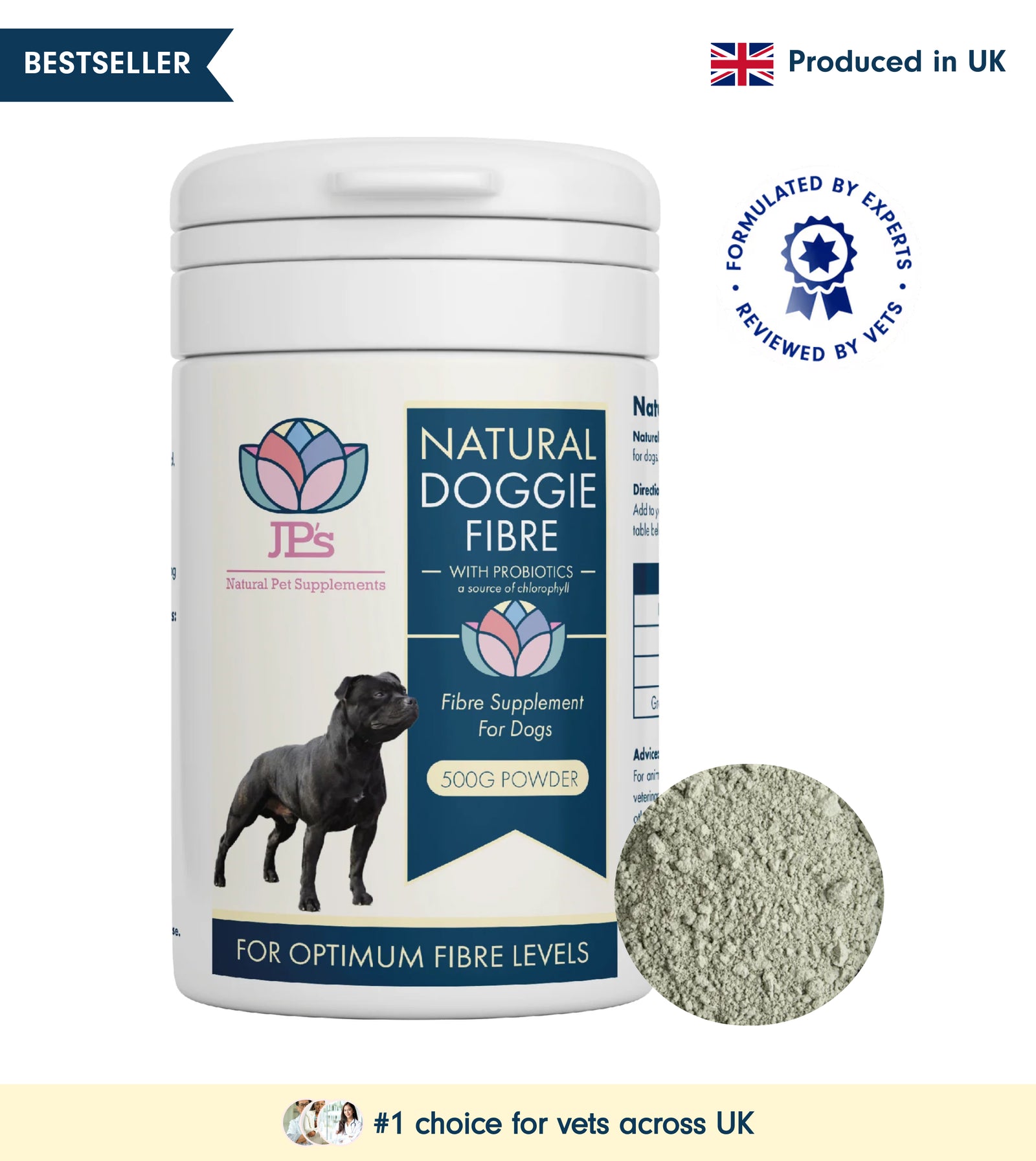
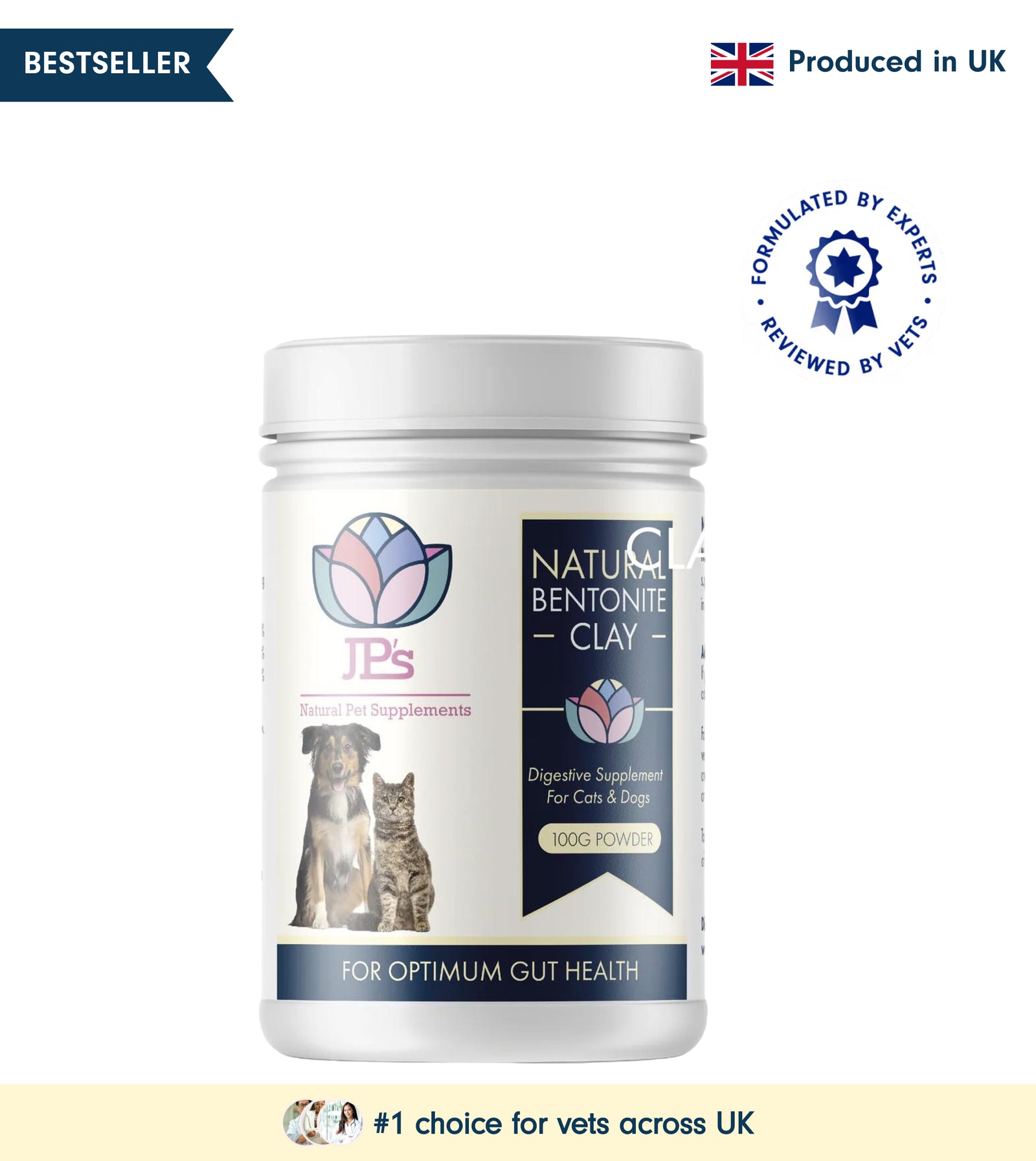
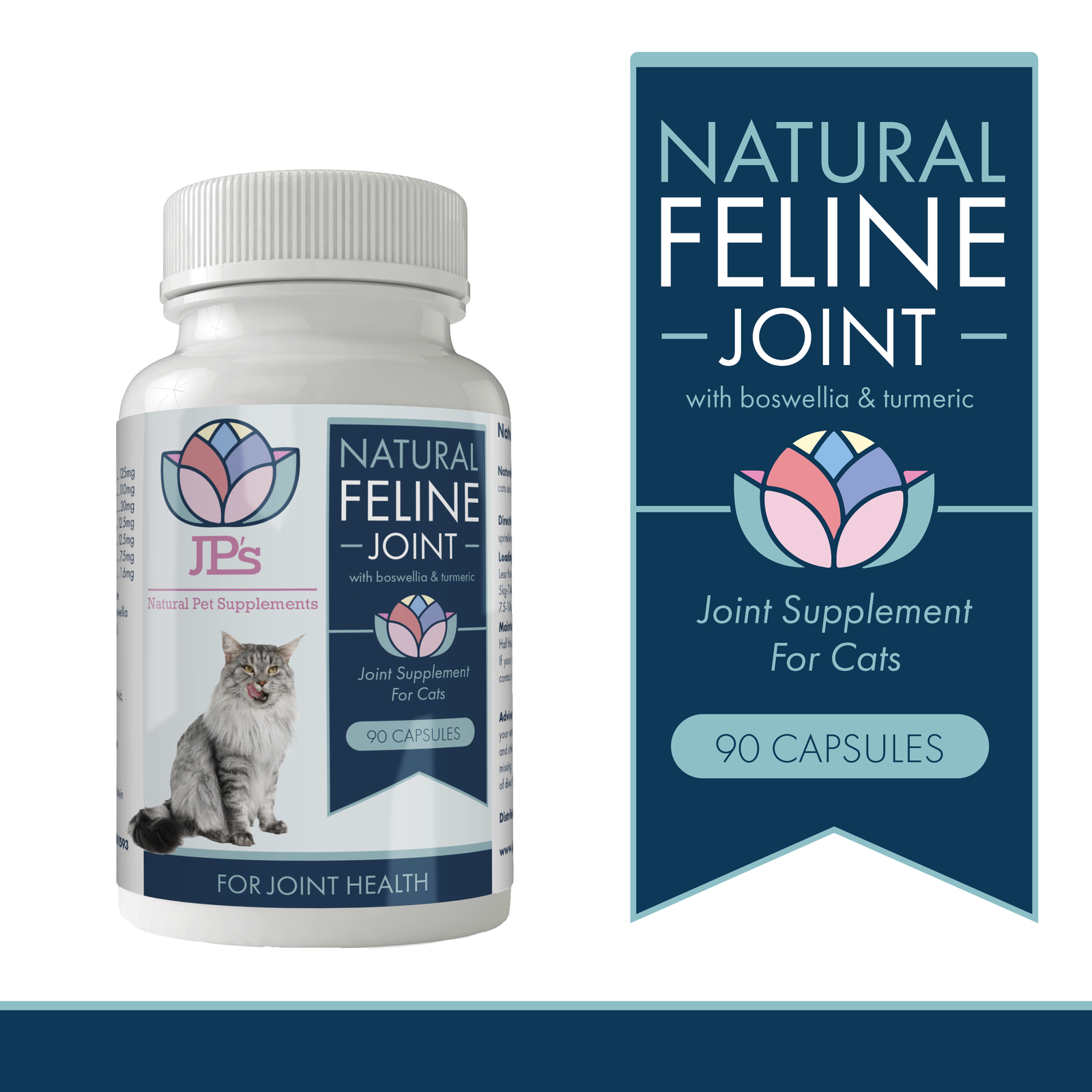
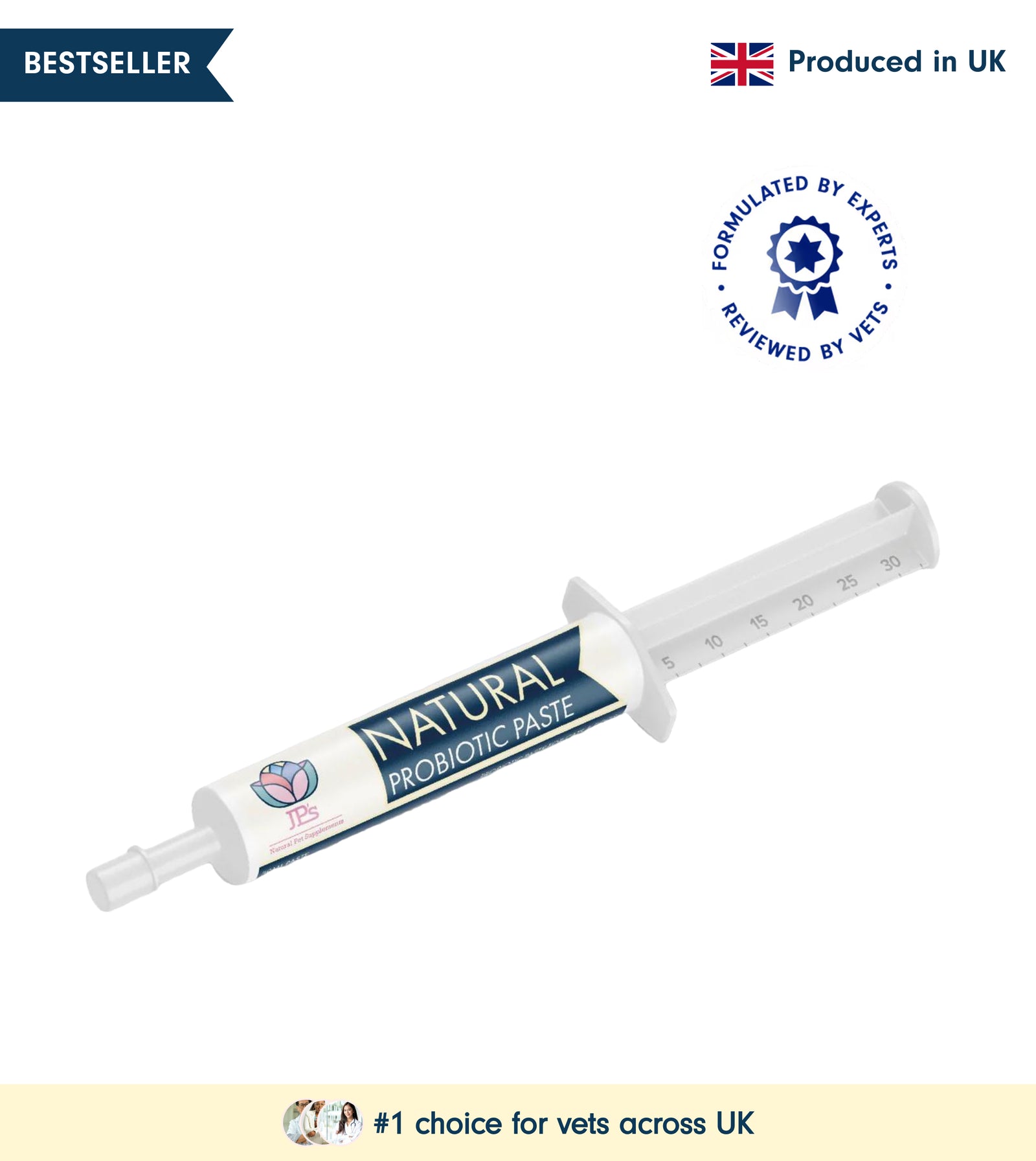
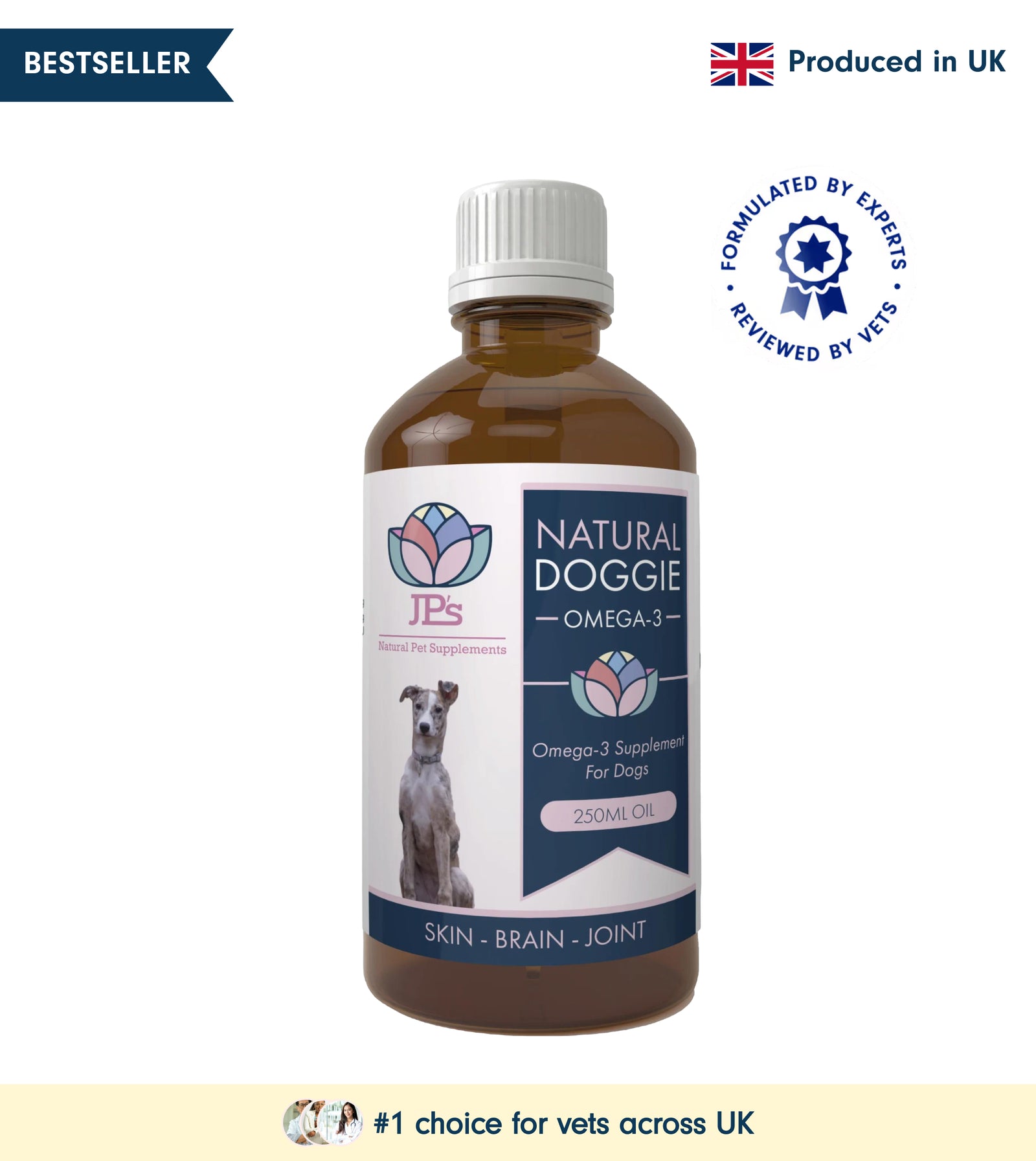
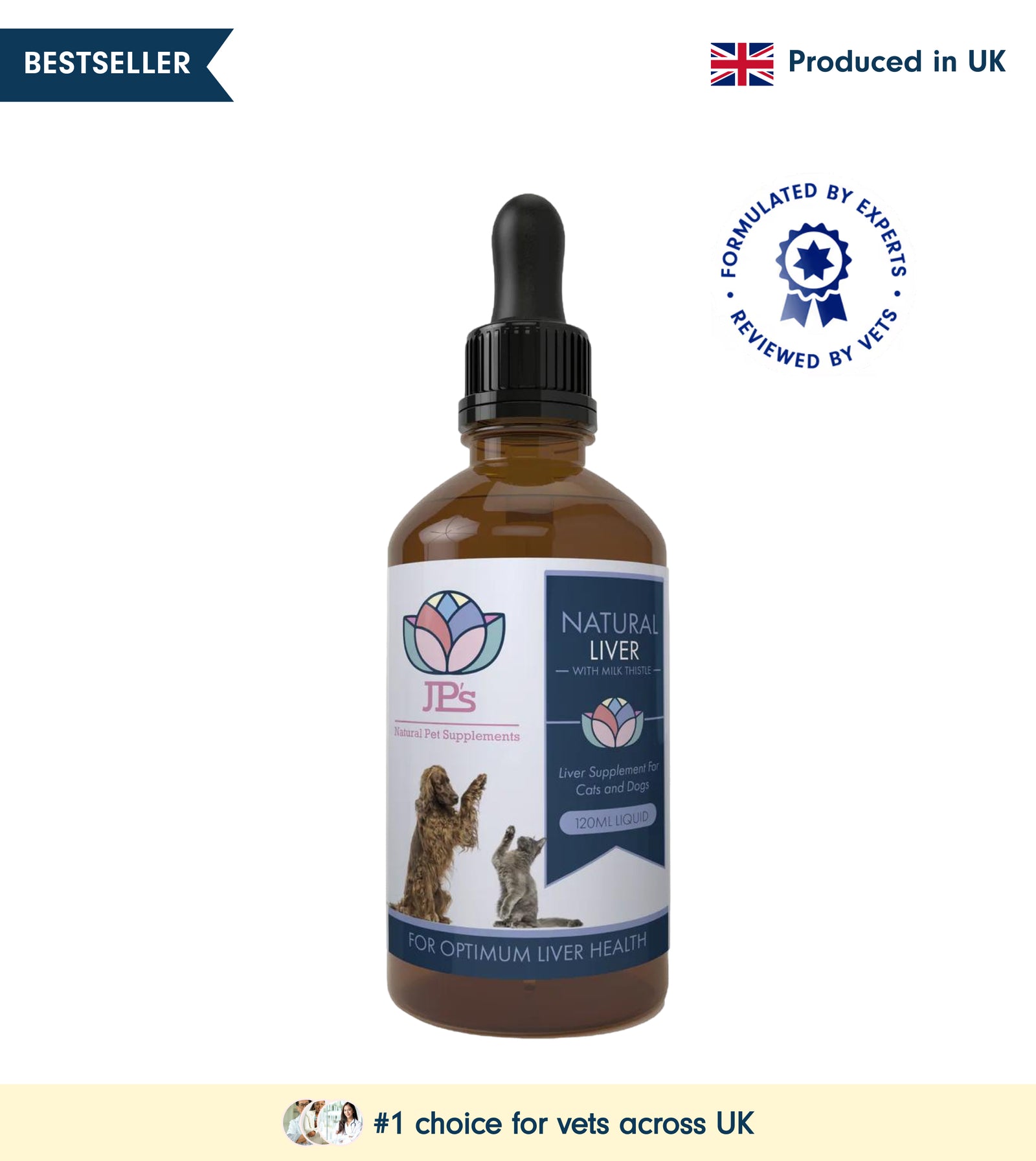
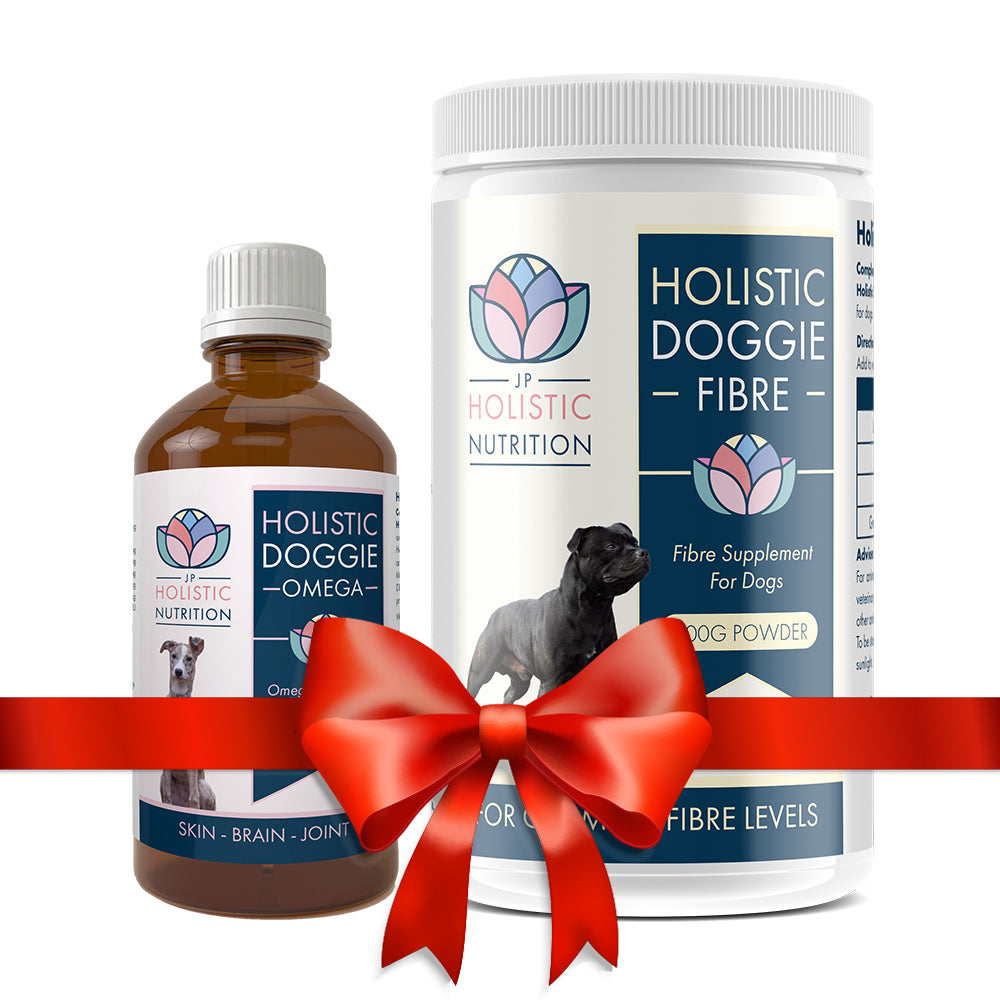
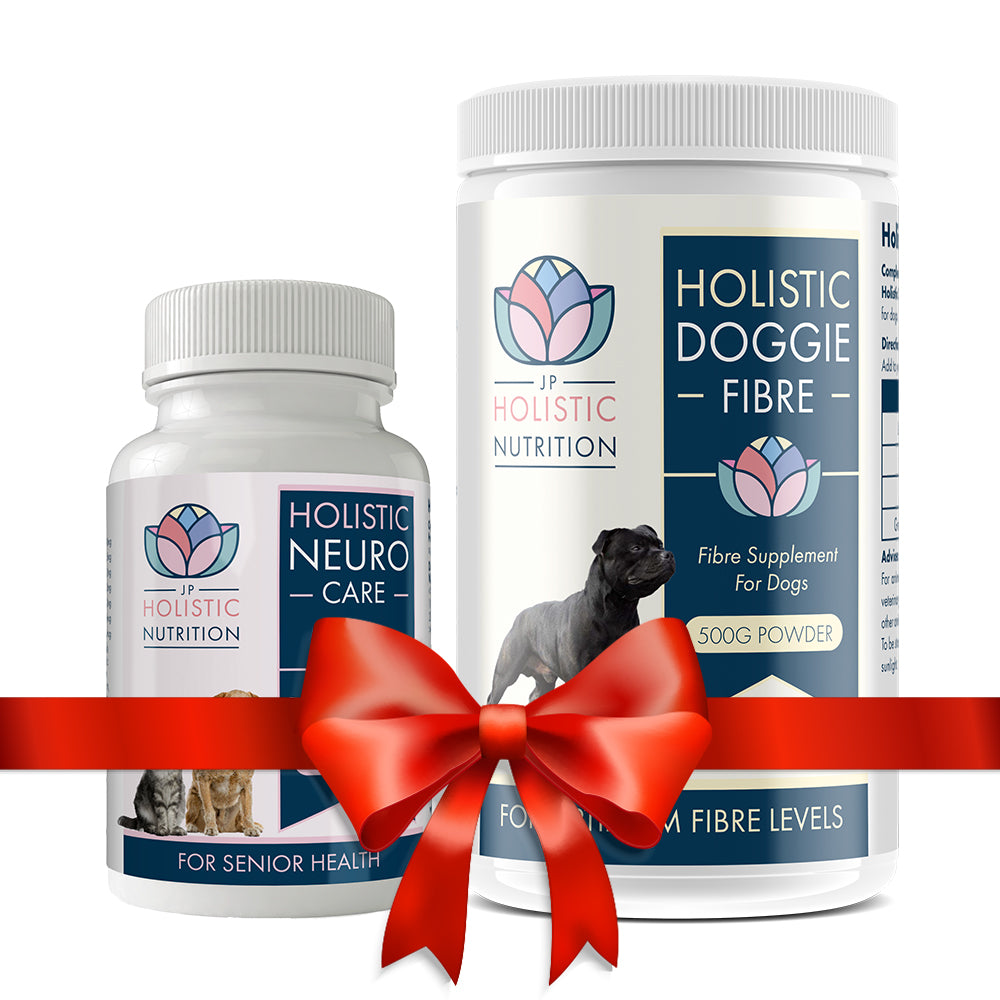
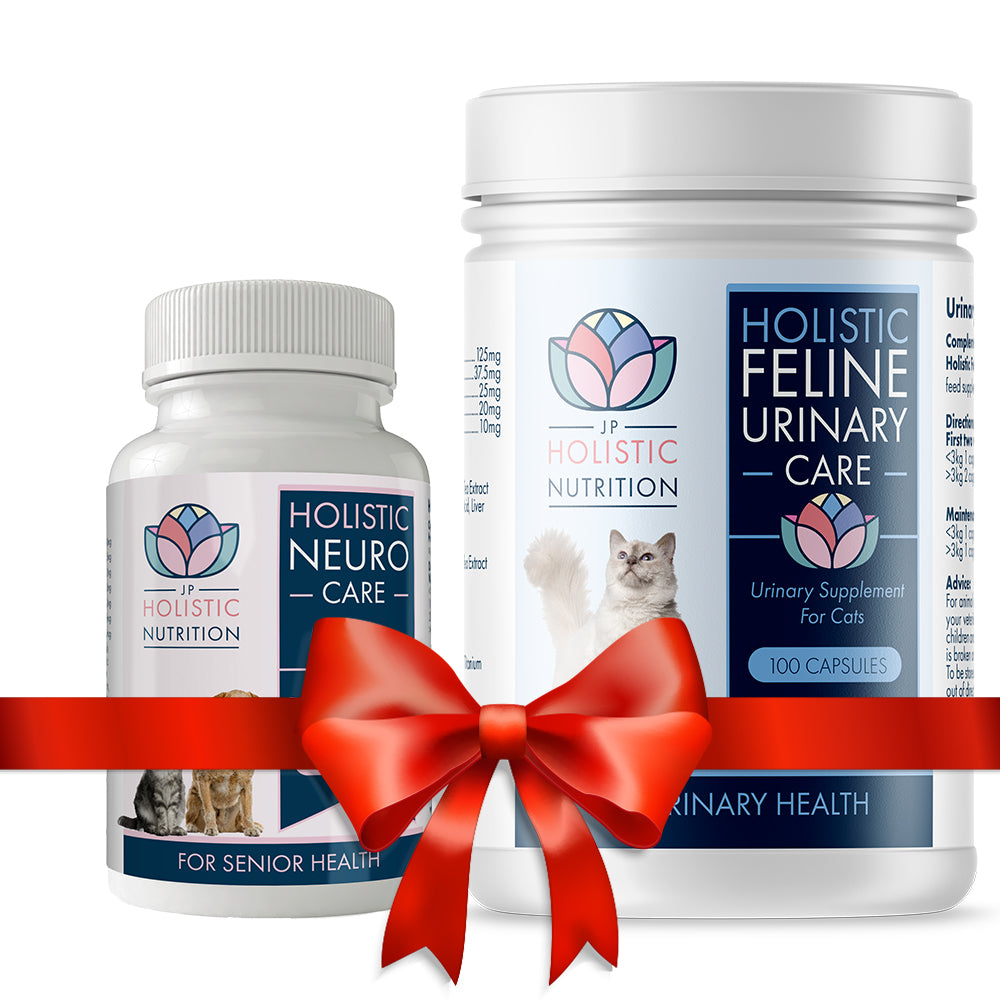
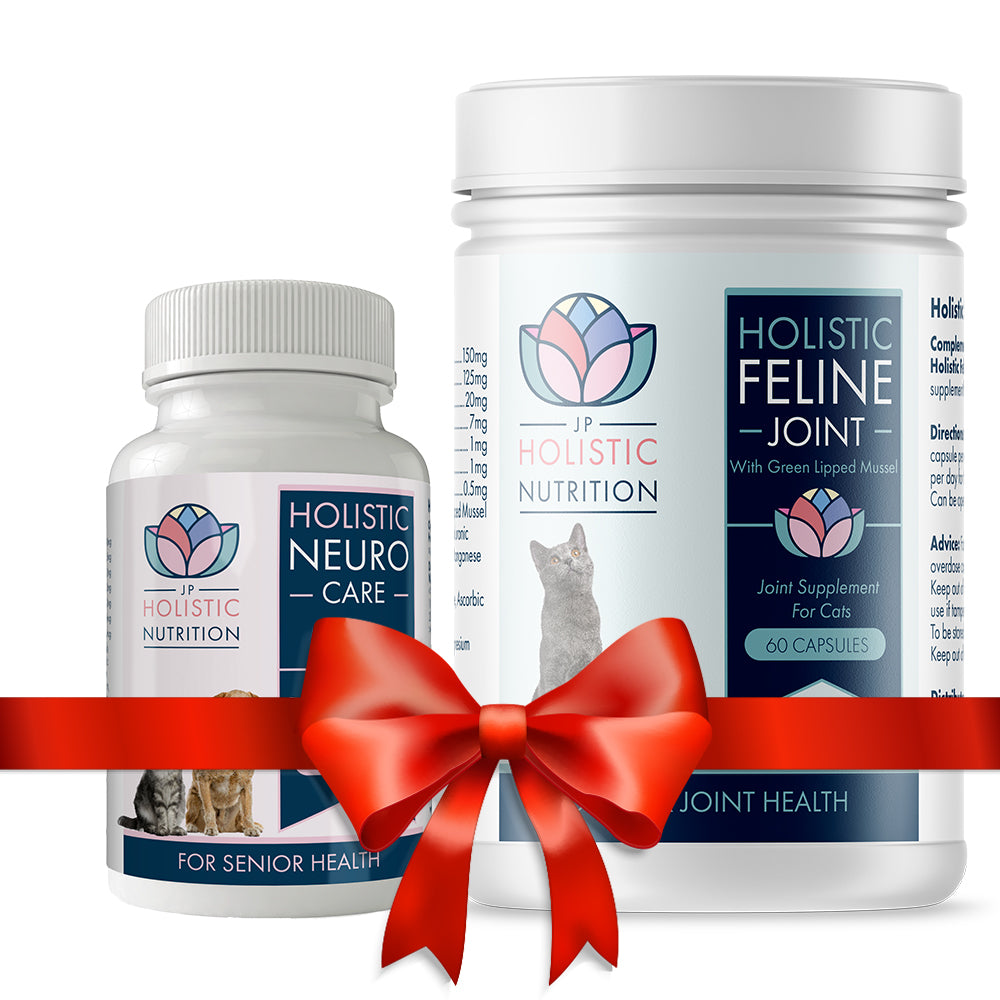



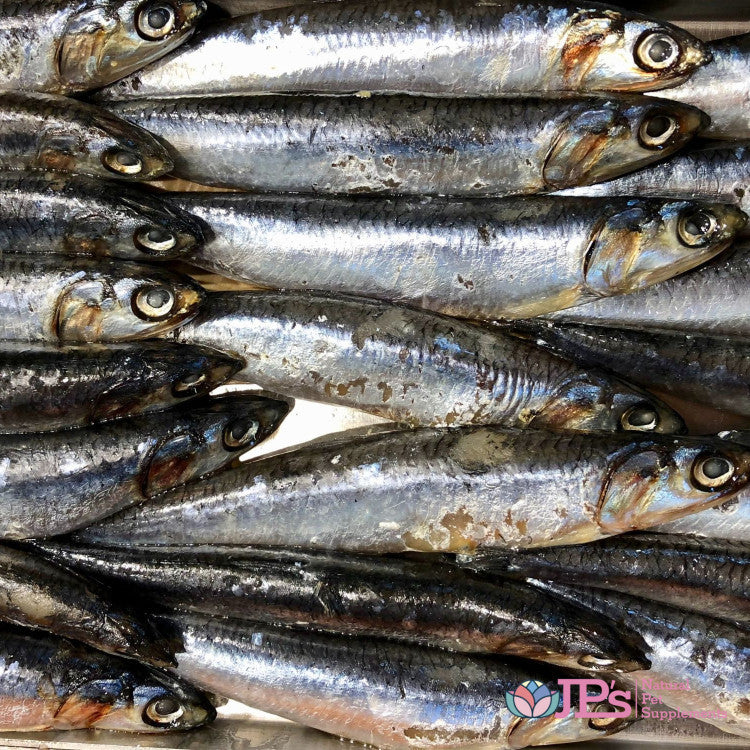
Leave a comment (all fields required)